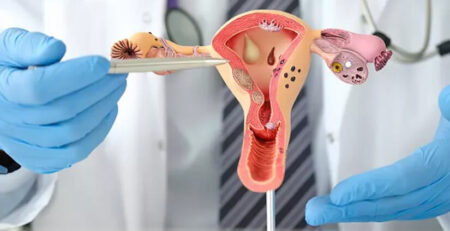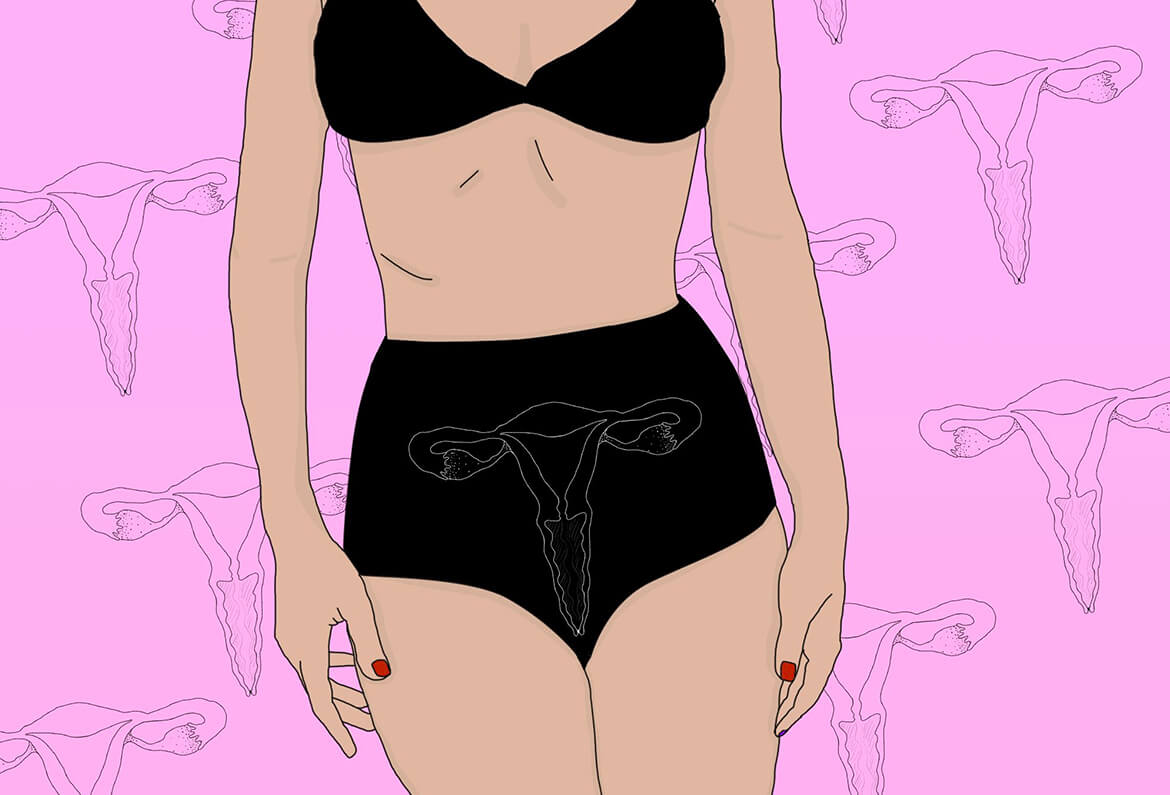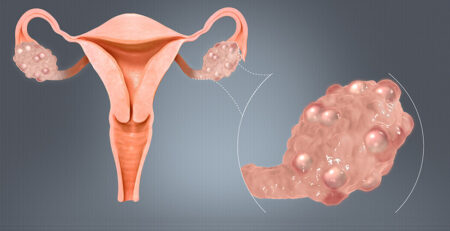Is PCOS A Serious Problem?
Do you experience irregular periods or struggle with infertility? Are you dealing with acne or excessive facial hair growth? If so, you may be among millions of women worldwide living with Polycystic Ovary Syndrome (PCOS).
PCOS is a hormonal disorder that affects 1 out of 10 women of reproductive age. Despite its prevalence, there is still a lot of confusion and misinformation surrounding this condition, and some may even question whether it is a serious problem.
The truth is PCOS can significantly impact a woman’s physical and mental health. It can cause various symptoms, from hair loss to weight gain, and even increase the risk of developing serious conditions like diabetes and heart disease.
But here’s the good news- early diagnosis and PCOS treatment can help manage the symptoms and prevent the condition from worsening. In this blog, we will discuss PCOS and whether it is a serious issue.
Let’s get started!

What is PCOS?
PCOS stands for Polycystic Ovary Syndrome, a hormonal disorder affecting women of reproductive age because of the excess release of male sex hormones. It is a common condition affecting up to 10% of women worldwide. PCOS symptoms may include irregular periods, excessive hair growth, acne, and weight gain.
Estrogen and progesterone are the two main female sex hormones, and they play important roles in regulating the menstrual cycle, supporting pregnancy, and maintaining bone health, among other things. Conversely, androgens are typically considered male hormones, but women also have small amounts of androgens in their bodies, such as testosterone and DHEA (dehydroepiandrosterone).
Women with PCOS have an imbalance in their hormone levels, specifically elevated levels of androgens. The affected women cannot procedure enough female hormones for egg or ovum development and release from the ovary. As a result, the ovaries may develop small cysts, leading to irregular periods, fertility problems, and other symptoms.
PCOS is also associated with insulin resistance, which means that the body is less able to use insulin effectively to regulate blood sugar levels. This can lead to high insulin levels in the body, which can cause the ovaries to produce more androgens.
Is PCOS A Serious Issue?
While PCOS (Polycystic Ovary Syndrome) is not life-threatening, it can have a significant impact on a woman’s quality of life, fertility, and long-term health.
One of the primary concerns with PCOS is infertility. Women with PCOS may struggle to conceive due to irregular or absent ovulation, and they may require PCOS treatment, such as medications, to become pregnant.
In addition, PCOS can increase the risk of other health issues such as type 2 diabetes, high blood pressure, stroke, obesity, hair loss, miscarriage, acne, menstrual irregularities, liver inflammation and heart disease. Women with PCOS are also at an increased risk of developing endometrial cancer due to changes in the uterine lining caused by hormonal imbalances.
PCOS can also impact mental health; many women experience anxiety and depression due to the physical symptoms and challenges associated with the condition.
If you are concerned about PCOS or experiencing symptoms, speaking with a healthcare professional like Dr Rhythm Gupta for advice and guidance is important.








